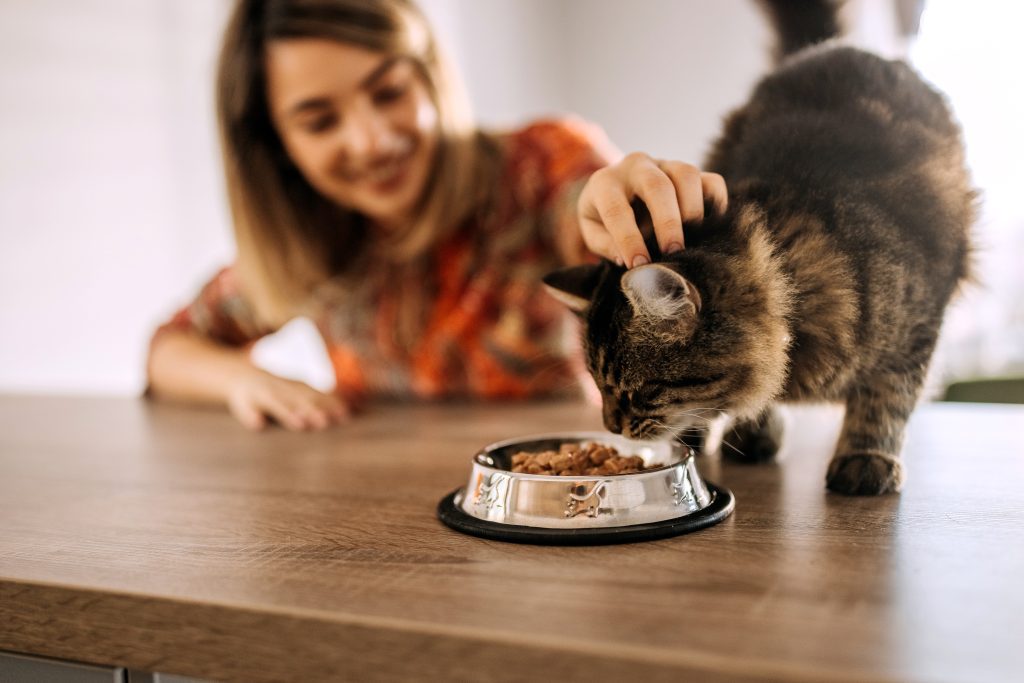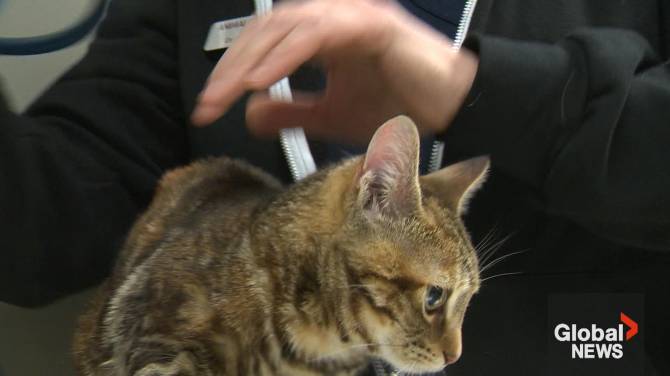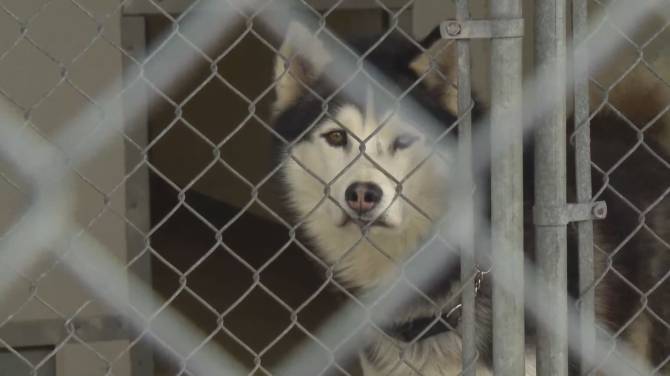Even as Overall inflation has decreased. Although inflation has slowed down recently, owning a pet in Canada is becoming pricier.
New information was released Tuesday by Rover.com indicating that the expense of having a cat or dog has risen compared to last year.
The rise can be attributed to the cost of pet food and supplies, which increased by 2.1% year-over-year in February, according to the most recent inflation data released by Statistics Canada on Tuesday.
“Pet parents in Canada are certainly facing inflationary pressures nowadays due to the increasing cost of pet food and veterinary care,” said Rebecca Greenstein, chief veterinarian of Kleinberg Veterinary Hospital in Ontario.
Supply chain challenges and a higher demand for high-quality pet foods have raised the cost of feeding pets in Canada. Greenstein, who is also the veterinary medical advisor for Rover.com, mentioned this in an interview with Global News.
In addition, Canadian pet owners are also dealing with rising veterinary expenses because of staff shortages and increasing medicine prices, she noted.
“Owning a pet is a significant financial undertaking, and a lot of people will underestimate that, particularly the cost of emergency care.”
Pet ownership cost in Canada
In 2024, the average dog owner is estimated to spend between $956 to $4,020 per year on their dog, as per Rover.com’s analysis.
The monthly expenses on basic necessities such as food, flea and tick prevention, waste bags, and annual check-ups add up to between $80 and $335 — a 55% increase from last year.
And this does not even include the initial costs of bringing a new dog home, like neutering, buying a collar, leash, bed, and grooming items, which could total about $2,465 to $4,770 in the first year. These upfront costs are 44% higher than in 2023.
Additional dog costs that owners should include in their budget, such as emergency vet fees, dental cleaning, or dog walking, can range from $1,525 to $6,680.
For older dogs, end-of-life care, such as euthanasia, senior pet medication, or cremation, can cost anywhere from $1,145 to $4,350.
Owning a cat is slightly less expensive in Canada. Rover.com estimates that the average cost of caring for a furry feline can vary from $930 to $2,400 per year in essential expenses.
Monthly, this amounts to between $80 and $200 for the average cat owner — an average spending increase of $70 compared to 2023.
The first-year expenses for the average cat owner are roughly between $1,875 and $3,345.
Additional optional expenses for cat owners, such as emergency vet fees, pet insurance, and grooming, can average between $1,075 and $3,995.
Cost of end-of-life care for senior cats ranges from $1,035 to $4,110.
How to save money
For things like home grooming, purchasing pet medications online, and shopping for pet supplies at discounted stores, there are various ways that pet owners can cut costs while still taking care of their furry companions, according to Rover.com.
Money-saving apps, coupons, daily deal sites, and rewards programs can also help reduce your pet expenses.
Greenstein suggested that it is a good idea to regularly review your pet’s diet with a vet to ensure the food they’re consuming is nutritionally balanced and provides good value for the money.
If your dog or cat is unwell, she also recommended considering different options for treatment as there may be some flexibility in terms of cost.
According to Greenstein, pet insurance can also help reduce expenses for treating unexpected accidents or illnesses.
She mentioned that despite the increasing cost of pet care, it's impressive that people are still willing to make that commitment every day.
People who already have pets know that it's really difficult to quantify the love they receive from their pets with a price tag.






